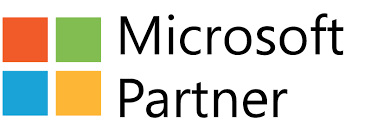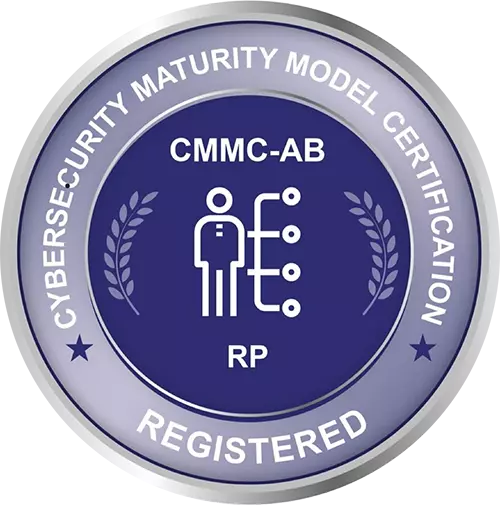
Do you know why your organization’s healthcare data is so important? For starters, it can determine public health policy. It’s also a key component for patient relationships and your own operational change. Here’s a further breakdown on why each of these areas rely on accurate, timely data, and how to improve the analysis of yours.
Public health policy depends on healthcare data in order to direct funding and treatment where it’s needed most. This is true for chronic disease as much as emergency events like the COVID-19 pandemic.
The problem: death certificate data. Many deaths are reported incorrectly. This not only has an emotional toll on family members of the deceased, it misinforms where healthcare funding should be allocated.
Patients look for healthcare providers they trust. While this is certainly influenced by the quality of the physician, it’s also a matter of out-of-pocket expenses for medical procedures and prescription medication.
The problem: posting prices. A transparency rule went into effect back in 2021 requiring hospitals to post pricing online for their common procedures. Over a year later, less than six (6) percent are fully compliant. This creates unease for patients who are looking for health care they can afford, and leads to poorer health outcomes when they choose to forego treatment. While some hospitals say the cost to report this information is an obstacle, those found not in compliance may soon face fines of $300 – $5,500 per day.
Your healthcare data has the potential to drive operational change within your own organization. This can improve the quality of your services and lead to better health outcomes for patients.
The problem: strict compliance. While some organizations may find it difficult to stay compliant in areas like above, the opposite can also be true — focusing so vehemently on maintaining industry standards that process improvement is stifled.
Take telehealth as one example. While it became an affordable alternative to in-person care during the COVID-19 pandemic, the majority of available services have been for addressing physical ailments. Conversely, 42 percent of patients who needed mental health care over the past year have been unable to get it, according to US News & World Report.
Each of these areas require strong healthcare data analytics. Death certificates should be reviewed for data integrity. Hospitals can develop cost estimators to share online, along with machine-readable lists of procedure costs. And providers can leverage data to develop mental health plans that are available through telehealth. Doing these effectively will require the following.
Auditing. Auditing your medical records can identify inaccuracies by comparing reported data against information from EMRs and billing codes. This can also improve reimbursements, protect against fraud, and correct poor coding habits.
Concurrent Reviews. The continuation and appropriateness of ongoing patient care can be assessed in real time by informed medical professionals to determine which plans are effective.
Certified Coders. The right coding staff can improve data accuracy by as much as 50 percent, and the best coders offer a 98 percent confidence level. We recommend that the ones you use are certified by either the American Health Information Management Association (AHIMA), or the American Academy of Professional Coders (AAPC), as well as possess at least three years of experience.
Rather than spend time and money to hire and train additional support staff, consider outsourcing these services to HCRS. Contact us today to learn about our expertise with data management programs that will improve patient health outcomes and help you gain an edge over your competitors.







Who We Are
Services
Career Opportunities
Interested in applying for a job with us? HCRS offers competitive compensation and benefits and hires a wide range of professionals. Apply Here

8601 Robert Fulton Drive, Suite 130 | Columbia, Maryland 21046 | Office: (301) 497-1187 Fax: (866) 384-2303
Copyright © 2025 Healthcare Resolution Services, Inc. All rights reserved. | Privacy Policy
